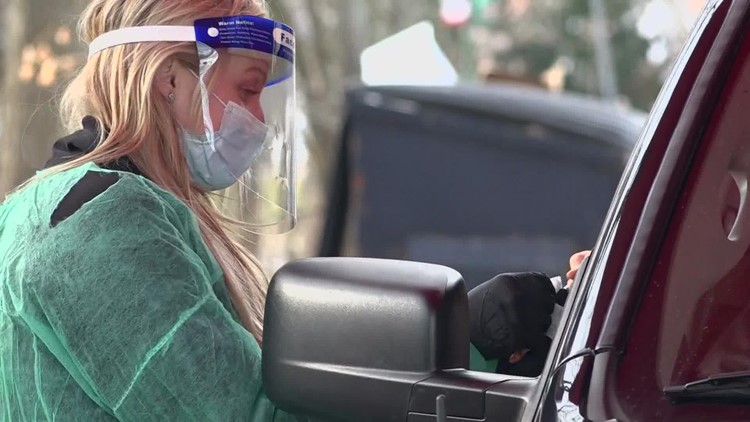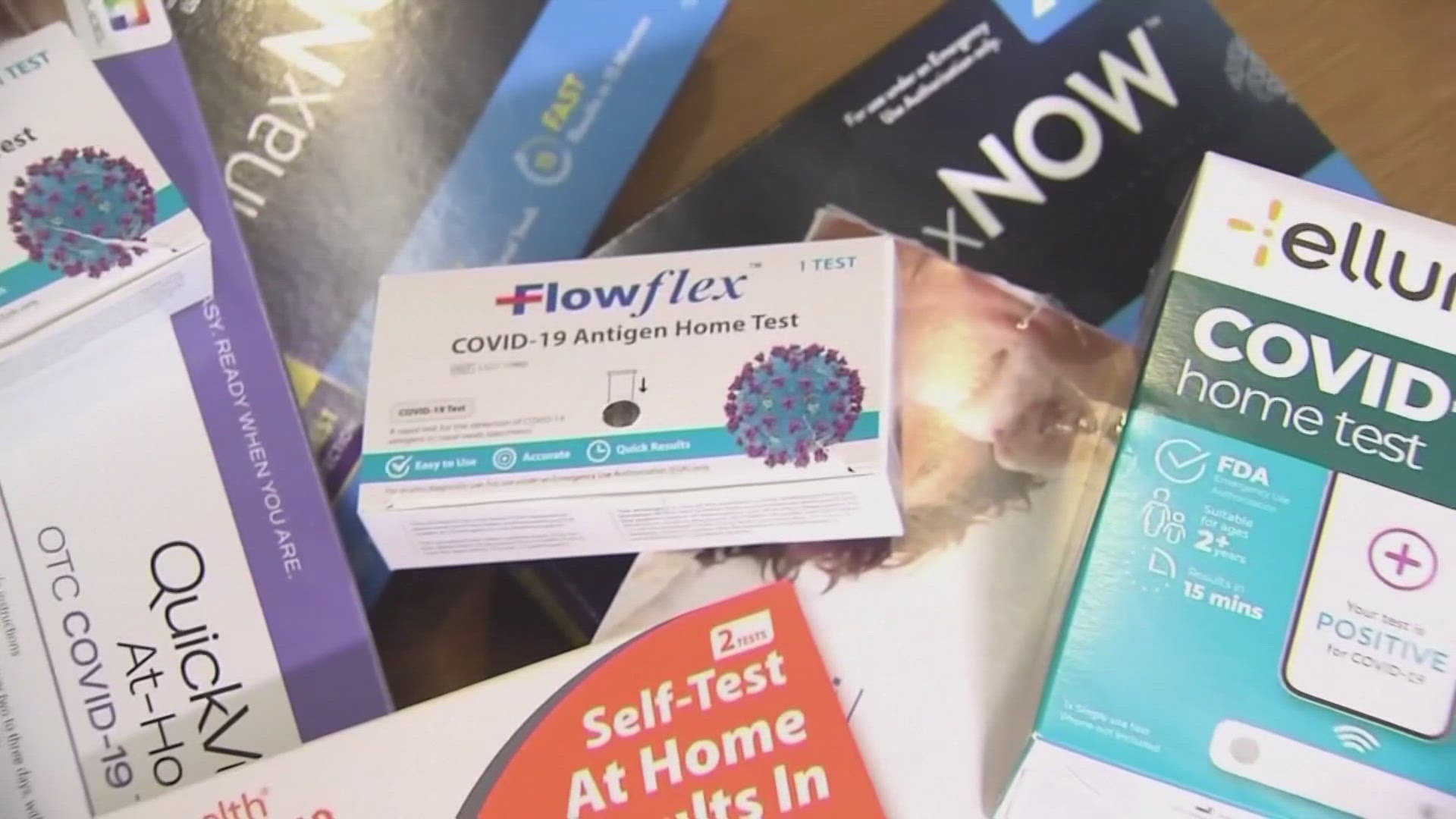MAINE, USA — Gov. Janet Mills announced on Monday the federal government will nearly double Maine’s ration of a life-saving drug that helps keep high-risk individuals infected with COVID from winding up in intensive care units, the Portland Press Herald reports.
Maine’s share of the monoclonal antibody Sotrovimab will be 120 courses instead of the 66 Maine was scheduled to receive this week, according to Mills’ office, following the governor’s call over the weekend to the White House’s coronavirus response coordinator, Jeff Zients.
Mills called Zients “to make him aware that Maine was not receiving an allocation commensurate to the prevalence of the virus,” according to the governor’s office.
The development came one day after a Portland Press Herald story revealed Maine is receiving a far lower share of the Sotrovimab because a critical metric used to allocate the life-saving medicine — per capita new case counts — has understated the prevalence of the virus in Maine.
Maine’s daily case counts have been artificially low because some 46,000 positive test results have yet to be added to official numbers by the Maine Center for Disease Control and Prevention.
Read the full story on the Portland Press Herald’s website here.
Here’s the full statement from the governor’s office:
Today, the Mills Administration was informed by the federal government that Maine’s weekly allocation of Sotrovimab, a monoclonal antibody that is effective against the omicron variant, will nearly double to 120 courses from the 66 Maine would have otherwise received this week.
The increase in allocation comes after Gov. Mills reached out directly to White House Coronavirus Response Coordinator Jeff Zients over the weekend to make him aware that Maine was not receiving an allocation commensurate to the prevalence of the virus.
The Maine Department of Health and Human Services and the Maine CDC has repeatedly raised the same concern with relevant counterparts in the federal government, making clear that Maine, along with other states, was confronting a backlog of cases that could lead to an artificially low distribution of monoclonal antibodies and raising questions about the distribution formula’s equity. During her weekly governors call with the White House, hosted by the National Governor’s Association, Gov. Mills had also conveyed to the White House that she would like to see an increase in the supply of monoclonal antibodies distributed to states.
It is not clear yet whether this is a one-time increase in allocation or whether it will be ongoing in nature, but the administration is pleased that the federal government has made this change at a time when its own experts, including Dr. Fauci, are saying that case counts should become less of a focus.
The administration will continue to work closely with the White House and other federal officials on Maine’s allocation and will continue to improve its reporting on COVID prevalence and trends in Maine.



